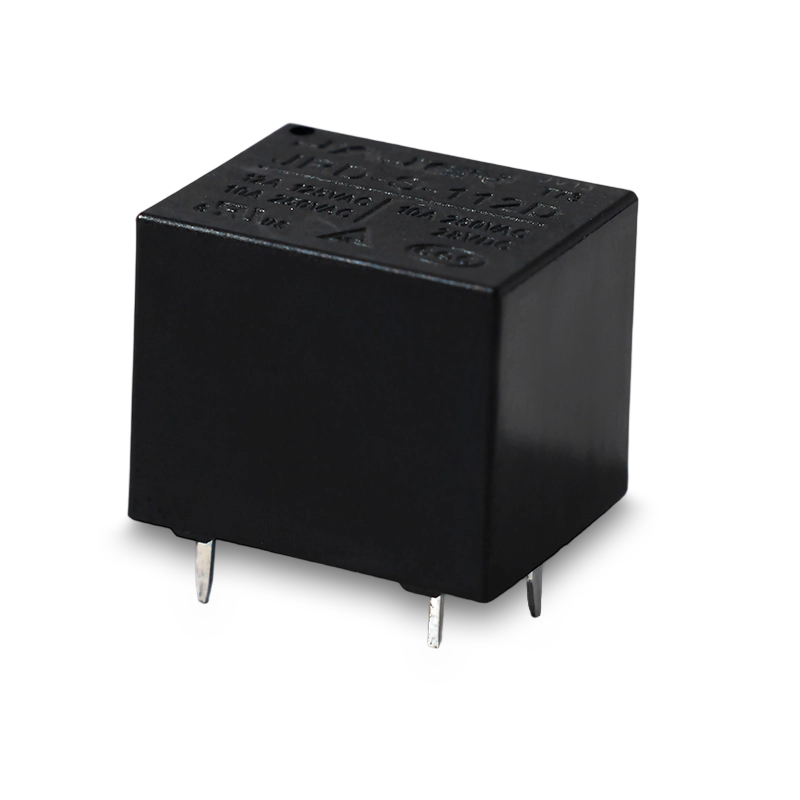Relays are essential components in modern household electrical systems, acting as reliable switches that control the flow of electricity between circuits. By using an electromagnetic mechanism, a relay can open or close a circuit without the need for direct human intervention. This allows devices to operate safely and efficiently, protecting sensitive electronics from overloads and enabling automated functions across a wide range of home applications.

One of the more visible roles of a relay is in the control of household lighting and major appliances. Instead of running high current directly through a wall switch, a relay allows a low-voltage signal to activate or deactivate the lighting circuit. This design reduces wear on switches and increases safety. Appliances such as air conditioners, washing machines, and ovens also benefit from relay control, as it ensures that motors and heating elements receive the correct power without causing sudden surges or damage.
Among the many types of relays available, the 24V general purpose relay is widely used in domestic installations. Its voltage rating makes it suitable for a variety of low-voltage control systems while still handling the demands of higher-power household circuits. Home automation panels, doorbells, and security systems often rely on a 24V general purpose relay to maintain stable performance. Its versatility allows homeowners and installers to integrate it into both new builds and retrofit projects with small adjustments.
Although traditionally designed for vehicles, relay automotive technology has found valuable applications inside the home. Automotive relays are engineered to handle vibration, temperature changes, and continuous operation, making them well suited for demanding household environments. They are increasingly used in home workshops, garage control panels, and backup power systems where durability is essential. This cross-industry use highlights how automotive relay design can provide robust performance beyond its original purpose.
Modern homes often include energy-saving devices and automated energy management systems. Relays play a key role by enabling timed switching, load shedding, and remote activation of circuits. For example, a smart thermoreat may use a relay to start or stop a heating unit based on temperature settings, ensuring energy is not wasted when the house is empty. In addition, relays help isolate control circuits from high-voltage power, protecting both the equipment and the occupants from electrical faults.
The growing popularity of smart home technology relies heavily on relay integration. Wireless control modules, app-based switches, and automated blinds all require precise switching mechanisms to function properly. Relays provide the dependable contact points that allow these devices to communicate with each other while maintaining electrical integrity. Whether a homeowner is scheduling lights to turn on at dusk or setting appliances to run during off-peak hours, relays form the backbone of these intelligent operations.
While relays are generally durable, regular maintenance can extend their service life. Dust buildup, moisture, and loose connections can affect performance over time. Homeowners and technicians should periodically inspect relay housings, check for secure wiring, and replace worn contacts when necessary. Using components such as a 24V general purpose relay or relay automotive unit with appropriate ratings ensures that the household electrical system continues to operate smoothly and safely.
As residential electrical systems evolve, the need for flexible and dependable switching will continue to grow. Emerging trends such as renewable energy integration, battery storage, and electric vehicle charging all create new opportunities for relay applications. From simple on-off control to complex energy management, relays will remain central to ensuring that homes meet modern expectations for convenience, safety, and efficiency.
Quick Contact
Yueshang Innovation Park, Wengyang Street, Yueqing City, Zhejiang, China
Pages
Stay In Touch
If you have any questions or need help, feel free to contact with our team.